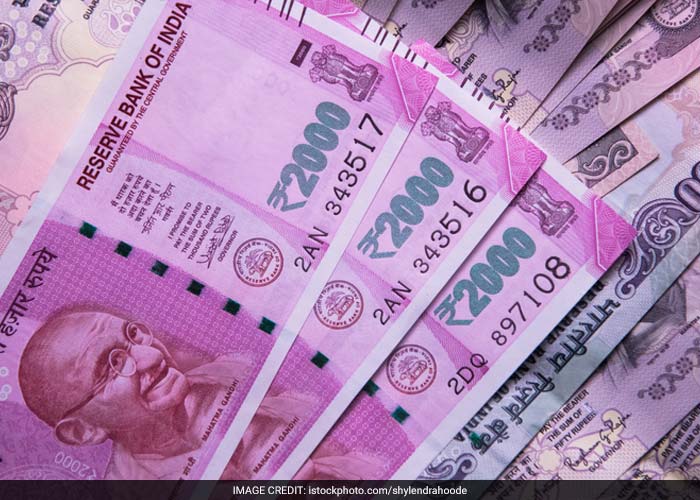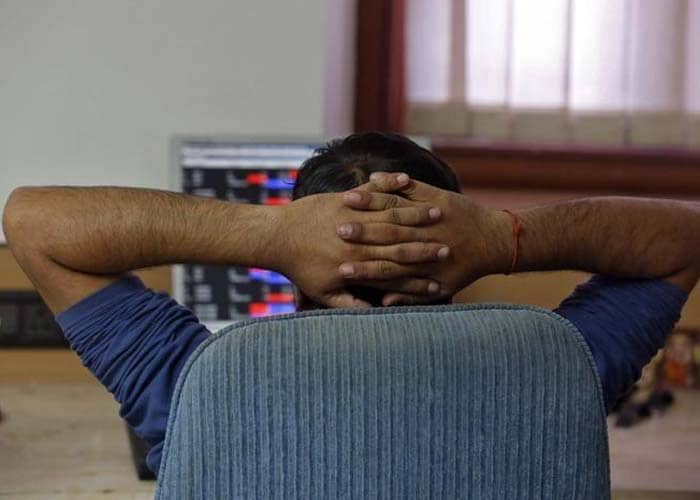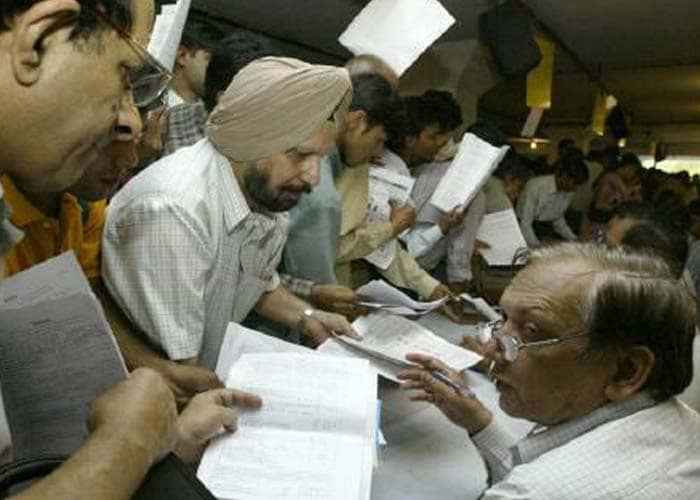Union Budget: Few Terms You Should Know
Finance Minister Arun Jaitley will on February 1, 2017 present his fourth Budget in Parliament. Explained below are a few commonly used terms in Union Budget which will help you understand the financial document in a better way:
-
 Fiscal deficit
Fiscal deficit
It is excess of Government of India's total spending over the sum of its revenue receipts and non-debt capital receipts in a fiscal year. Fiscal deficit also represents the total amount of borrowed funds required by government to completely meet its expenditure. -
 Primary deficit
Primary deficit
A part of fiscal deficit, primary deficit refers to the taxes levied on the income and resources of individuals or organisations. Normally, they are levied on wealth or income through income tax, corporate tax, capital gains tax, inheritance tax etc. -
 Revenue deficit
Revenue deficit
It is the difference between revenue expenditure and revenue receipt. Revenue deficit shows the shortfall of government's current receipts over current expenditure. -
 Revenue budget
Revenue budget
It consists of government's revenue receipts and the expenditure met from these revenues. Tax revenues are made up of taxes and other duties that the central government levies. -
 Direct taxes
Direct taxes
Taxes levied on the income and resources of individuals or organisations are known as direct taxes. Normally, they are levied on wealth or income through income tax, corporate tax, capital gains tax, inheritance tax etc. -
 Income tax
Income tax
It is the tax levied on individual income from various sources such as salaries, investments, interest etc. -
 Indirect taxes
Indirect taxes
Indirect taxes are paid by consumers when they buy goods and services. These include sales tax, and excise and customs duties.
Advertisement
Advertisement
Advertisement
